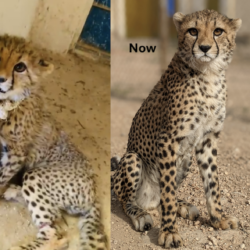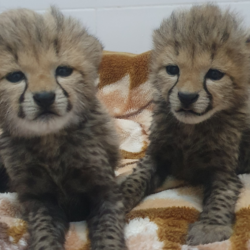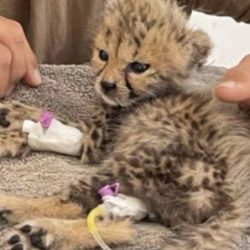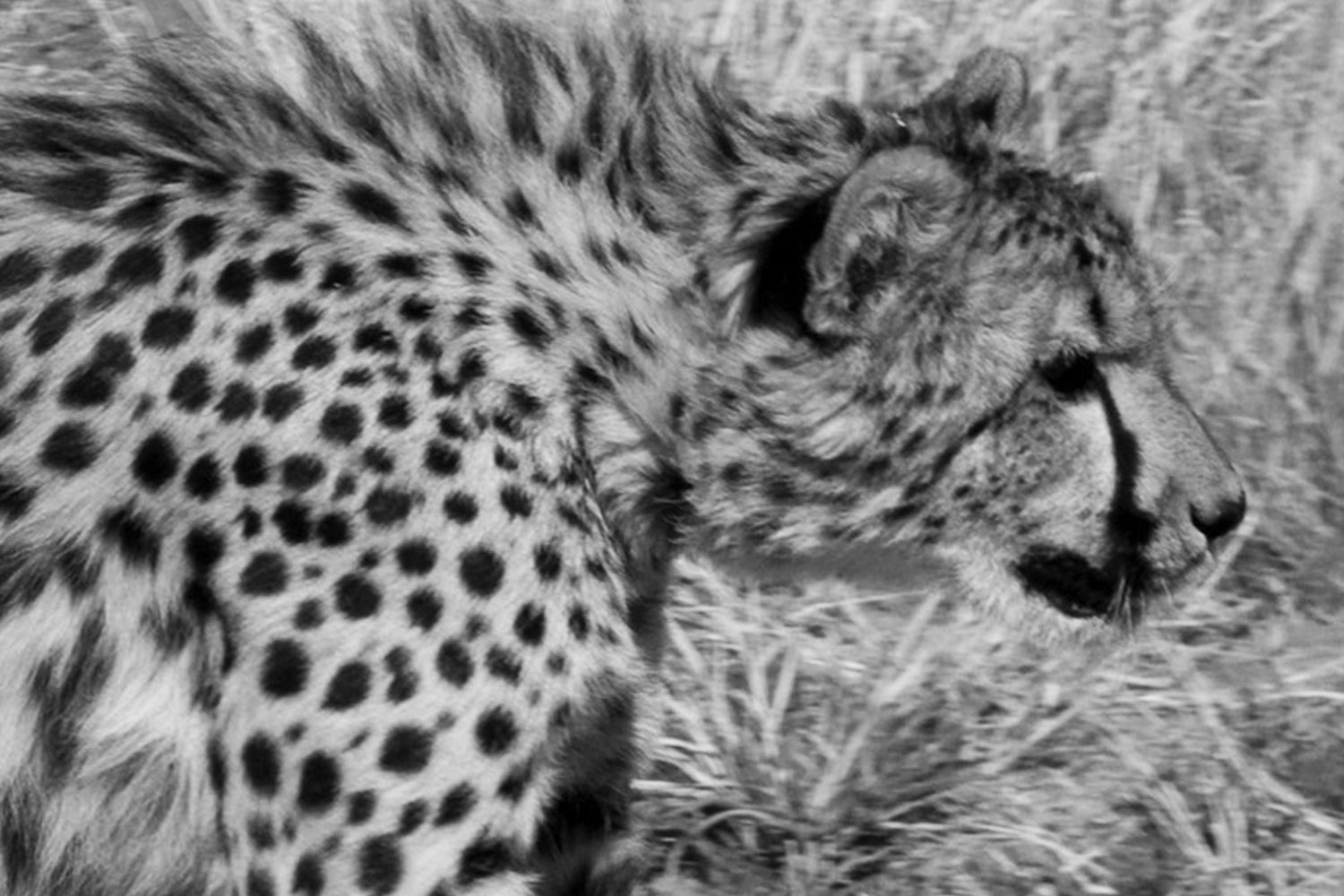Spotlight on Cheetahs in the Illegal Pet Trade
-

- by Meredith Hanel September 19, 2019
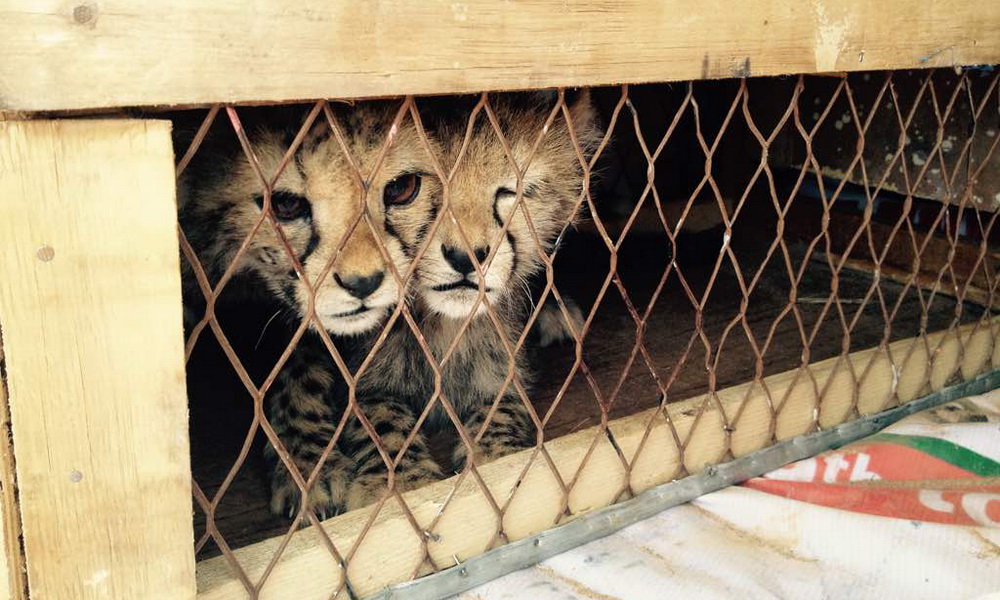
“As long as there is a demand by the rich, creating a lucrative trade for the poor, the cheetah’s future hangs in the balance.” ~ Jomana Karadsheh, CNN
These words by CNN’s Jomana Karadsheh succinctly captured the crux of the matter in her story on cheetahs in the illegal pet trade in the Horn of Africa, a region of eastern Africa that is home to Ethiopia, Somalia and the self-governing region called Somaliland. This CNN story should bring awareness to a problem that the Cheetah Conservation Fund has been monitoring and working to solve.
Each year around 300 cheetah cubs are smuggled out of the horn of Africa, stowed in crates or cardboard boxes to travel by boat across the Gulf of Aden to the Arabian Peninsula. For every one that makes it, three die along the way. Survival is not that much better in their adopted homes, mostly mansions in the Arabian Gulf, as experts estimate that most die within a year or two. Cheetahs don’t do well in captivity because they lack space to run, aren’t fed the correct diet, are susceptible to feline infectious diseases or acquire stress-related diseases.

Only about 300 adult cheetahs are left in unprotected areas in the Horn of Africa. CCF’s founder Laurie Marker has been doing the math, which clearly shows that in a couple of years, there will be no cheetahs left in this region. With the total wild cheetah population estimated to be 7,500, the illegal pet trade stands to take out an enormous chunk out of a population already struggling with low genetic diversity, habitat loss and human-wildlife conflict.
Private ownership and sale of cheetahs are banned in most Arab states such as United Arab Emirates and Saudi Arabia, but often this is not enforced. In the news feature, Karadsheh demonstrates how easy it is to find cheetahs for sale on an online marketplace based in Saudi Arabia, where she had a telephone conversation with one of the sellers. In Saudi Arabia $6,600 (US) seems to be the starting price for a cheetah.
At least 1000 cheetahs are estimated to be in private hands in Arab states. While cheetahs have been kept by humans as pets for thousands of years, in modern times, social media and the internet make it easy for anyone in the world to find cheetahs for sale or to spread photographs of cheetahs alongside luxury cars. The urgency of the problem was discussed by Crawford Allan of the World Wildlife Fund when interviewed by CNN’s Christiane Amanpour. CCF documented over 1367 cheetahs for sale on social media platforms over the years 2012-2018. The World Wildlife Fund’s Coalition to End Wildlife Trafficking Online has been joined by a number of social media, tech and e-commerce companies, pledging to reduce online trafficking by 80% by 2020.
Until the demand for cheetahs as pets ceases to exist, another way to help cheetahs is to put pressure on the smuggling operations. The route for smuggled cheetahs out of the horn of Africa is through Somaliland’s porous border. Karadsheh reports that Somaliland authorities are cracking down on traffickers and confiscating them from private houses.
The Cheetah Safe House
CCF has set up a safehouse in Hargeisa, Somaliland, where they are trying to save every cheetah they can. The cats are fed fresh camel meat and additional nutrients. Although they are doing as much good as they can for the cheetahs, Marker says that it breaks her heart to see them there, as she would rather see them in the wild. Some cheetahs can be taught how to survive in the wild but since many of the cheetahs arrived at the Cheetah Safe House very young and in poor health, they have unfortunately become too habituated to humans to be good candidates for rewilding. The goal for them may be a good life in a wildlife sanctuary.
CCF released the following video last spring showing recent renovations and improvements to the Cheetah Safe House in Somaliland.
The video shows the incredible amount of work involved with looking after these cheetahs and showcases veterinarians, partners and volunteers working with CCF to ensure rescued cheetahs are well cared for. The survival of the species hangs in the balance. People owning pet cheetahs and cheetah trafficking are pushing cheetahs towards extinction.
Would you like to tip the balance in the cheetah’s favour? Volunteer or Donate to Cheetah Conservation Fund Canada.
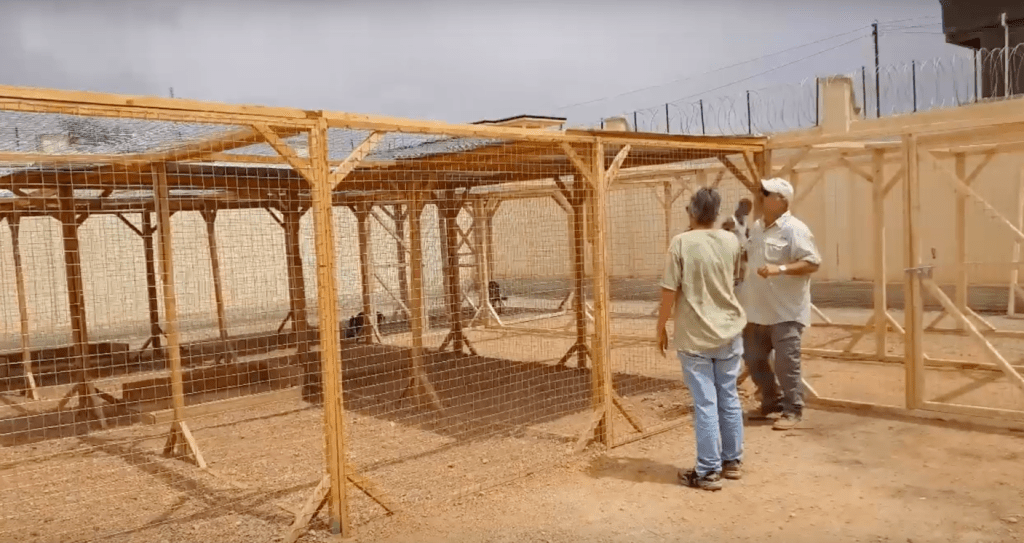
References
About Cheetahs • Cheetah Facts • Cheetah Conservation Fund •. Retrieved from https://cheetah.org/learn/about-cheetahs/
Crawford Allan on the Illegal Trade of Exotic Animals. (2019, August 16). Retrieved from https://www.pbs.org/wnet/amanpour-and-company/video/crawford-allan-on-the-illegal-trade-of-exotic-animals/
Dr. Laurie Marker and CCF’s Efforts to Combat the Illegal Pet Trade in Cheetahs. (2019, June 12). Retrieved from https://www.youtube.com/watch?v=hsNx59Ih7NY
Formanek, I., Karadsheh, J., & Qiblawi, T. The ultra-rich are illegally buying cheetahs as pets and it’s leading to their extinction. (2019, August 30). Retrieved from https://www.cnn.com/2019/08/28/africa/somaliland-cheetahs-gulf-intl/index.html?no-st=1567701169
Habitat Loss • Cheetah Conservation Fund • Cheetah Habitat Restoration. Retrieved from https://cheetah.org/learn/habitat-loss/
Human Wildlife Conflict • Cheetah Conservation Fund • Saving Cheetahs. Retrieved from https://cheetah.org/learn/human-wildlife-conflict/
Related Reading
-
October 26, 2023
Two new cheetah cubs rescued in Somaliland -
November 29, 2022
Emergency Care for Cheetahs in Somaliland – Supplies are Needed
